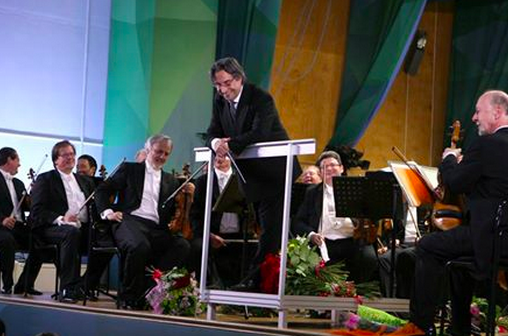The media often refer to Luxury as one of the contemporary obsessions.
And off with diagrams (the capitals of luxury and so on), European market figures (17 billion), growth trends (400 million people, consumers 35-40 yrs. old in continuous growth), by top consulting firms… and even customer labels: socialwearer, experiencers, absolute luxerer.
A quote about the latter:
The most coveted prey (notice: prey) among top companies, she’s the rich, refined, elegant absolute luxurer.
She belongs to the European elite and the Happy Few emerging market, spends on clothes and watches but also for travels and wines, with a particular attention to everything unique and customized. She generates a market worth billions of euro per year at a cost of 30,000 euro per person.
They even invented a “Luxury barometer” (measuring the tendency to future spending), according to which the global trend is growing (-5% from 2014 to + 15% in 2015).
Also the growing interest of consumers in respect of social and environmental sustainability is growing (from 8% to 13%), especially in Europe and the US.
All of this comes in addition to other values, increasingly relevant to those in need of a product: quality, craftsmanship, exclusivity.
All positive concepts and values – obviously – especially for our beloved Made in Italy that, despite the painful contraction of the domestic market, still stands as one of the largest exporters of these goods defined luxury.
But then I think…
What’s luxury for real?
Can we accept – as Italians – to reduce the idea of luxury to unnecessary goods for the rich? Can we tolerate a concept of luxury merely linked to exclusivity and price, as suggested by the media?

Everyone should study music (note: or architecture, which in the Renaissance was the same thing): it refines the soul. It leads us towards a better society
What you do not see. What lies beyond. Mozart used to say that music is deeper in the middle, between the sounds and in the sounds
And yet, the Mr. Muti expresses pride in being Italian: “Being born in Italy is a privilege. I’m proud of my passport and I’d like no other.”
He continues: “As an orchestra leader, I can follow the musical lines of 120 people playing together. I can follow them altogether, but I also perceive each one of them. They all move forward to a common goal: beauty”
.
There’s a wonderful luxury offered by music (notice: offer, for free); intensity in elegance, slow and intensive playing, as Toscanini taught us. by Toscanini. It’s also a way of life. Feel the simple, topical difference between screaming “I love you” or whispering it

